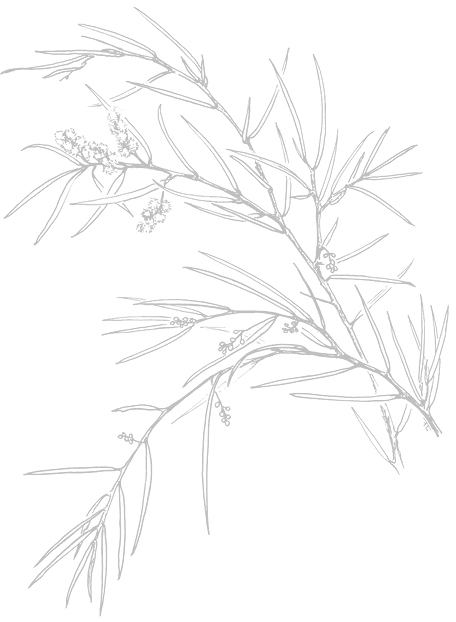
Scientific Name: Caladenia transitoria
Common Name: green finger-orchid
Family Classification (Clade): Monocots
Family: Orchidaceae
Form Description: Small cap orchid. Leaf narrowly linear, base slightly reddish, densely hairy. Scape very slender and wiry, sparsely hairy.
Height (m): 0.08 – 0.16
Flowers: Flowers 1-3 short lived, sometimes not opening, creamy-green to yellowish green internally, greenish-brown externally, labellum pink with purple bars and blotches, the apex calli dark purplish black, column greenish, spotted and blotched with red. Short flowering period, often just one or two days (transitory). Self pollinating.
Fruit: Papery capsule
Municipality
Plant Communities
Habitat Notes
Occurs in shrubby and heathy open eucalypt forest and teatree shrubland. Grows in soils covered with bracken and heavy leaf litter.
Site Tolerance
Dry, Exposed
Soil Tolerance
Clay, Fertile, Loam, Sandy, Well-drained
Frost Tolerance
Moderate
General Notes
Fires are relatively infrequent in this habitat, and flowering plants have been found one or two years after fire.
Propagation Calendar
-
Flowering Month
Jan Feb Mar Apr May Jun Jul Aug Sep Oct Nov Dec -
Seed Collecting Month
Jan Feb Mar Apr May Jun Jul Aug Sep Oct Nov Dec -
Sowing Month
Jan Feb Mar Apr May Jun Jul Aug Sep Oct Nov Dec -
Cutting Month
Jan Feb Mar Apr May Jun Jul Aug Sep Oct Nov Dec
Propagation Method
Seed Information
Seed Treatment Notes
Orchid seeds are very minute yellow, brown or blackish dust-like particles. Orchid seeds are produced within a capsule that splits at maturity and releases thousands to millions of seeds. Dispersed by wind and water and only germinate following infection of the embryo by a suitable mycorrhizal fungus. Very few seeds become mature plants. For more information see Jones, Wapstra, Tonelli, Harris (1999): The Orchids of Tasmania.